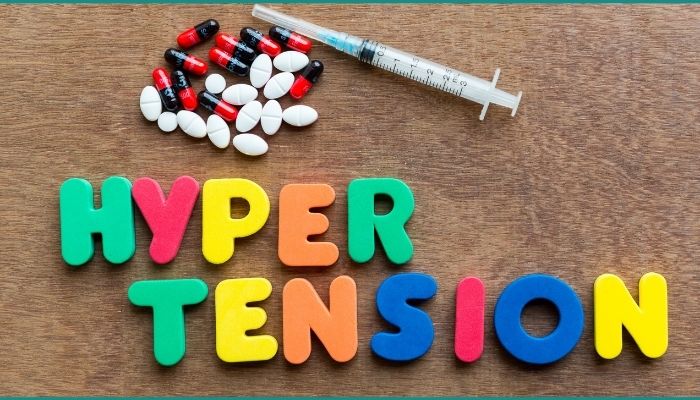Rajni Uncle was a happy and peaceful man who was otherwise content with his life. However, something took place suddenly when I was at his place and he collapsed. With my rudimentary knowledge, I felt it was a severe blood pressure fluctuation. Without any delays, we took him to hospital and doctors diagnosed it as malignant hypertension.

What is malignant hypertension? This takes place when blood pressure spikes all of a sudden, enhancing organ damage risks. It often takes place for those with a family history of blood pressure troubles although regular people (with normal levels) may be affected at times. This medical emergency requires immediate malignant hypertension treatment as well. Endocrine disorders or injuries to the kidneys may cause this issue as well. You should always learn more about the symptoms, types and causes behind malignant hypertension above all else.
Types of Malignant Hypertension
There are two basic kinds of malignant hypertension that you should know about. They include:- Hypertensive Urgency- This takes place in case of excessively high blood pressure levels but without any organ damage symptoms or signs.
- Hypertensive Emergency- This happens when a blood pressure rise comes with organ damage symptoms. This emergency requires instant medical care or treatment at the hospital.
Malignant Hypertension Causes and Symptoms
There are several malignant hypertension causes including the following:- Medication and specific drugs.
- Adrenal disorders like Cushing’s or Conn’s syndrome or renin-secreting tumor.
- Structural heart ailments.
- Disorders of the central nervous system.
- Renal artery diseases.
- Thyroid disorders.
- Withdrawal of medication and substances.
- Lower output of urine.
- Pain in the chest.
- Pain in the lower back.
- Delirium.
- Vomiting and nausea.
- Headaches.
- Shortness of breath.
- Changes in mood.
- Changes in vision including blurry vision.
Testing and Diagnosis
Malignant hypertension is diagnosed with several testing procedures, including the following:- Chest X-rays.
- EKG (electrocardiogram) for diagnosing arrhythmia.
- Toxicology study for identification of drugs in the body.
- Physical examination including readings of blood pressure in both the arms.
- Neurologic examination for testing the functioning of the brain.
- Eye examinations for diagnosing any signs of eye damages or hemorrhage.
- Urinalysis for checking any kidney or liver issues.
Treatment Procedures
- Medication for reducing blood pressure (given intravenously).
- This treatment may cover up to two days and requires hospitalization until the blood pressure levels touch a safe threshold.
- Once blood pressure is in check, then patients may keep consuming such medications by the mouth.
- Hypertensive urgency will not require intravenous blood pressure medication or inpatient care. Blood pressure medication will have to be taken by mouth instead. The drugs help in lowering blood pressure until it touches a safer threshold. This is the commonest form of treatment that is usually applied in such cases.
Why Treating Hypertensive Urgency Is Important
Those with this condition may have risks of organ damage due to several factors including a medical history of heart ailments/diseases, diabetes, usage of tobacco, obesity and high blood pressure that is not controlled.The Bottom Line
Both malignant hypertension types will require closer tracking and follow-up visits may be necessary for checking progress. The visit will help the doctor ensure that blood pressure is in check. The doctor may tweak medication for maintaining a smooth healthcare regime as well. You should not neglect any such condition if you see it occurring. Get emergency medical help and then follow the doctor’s advice to the hilt.:


